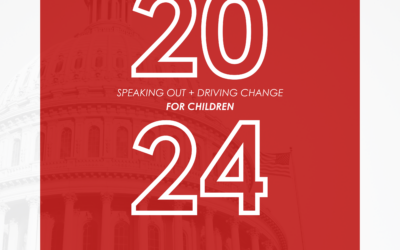
In the digital age, social media has become an integral part of our everyday lives. It is nearly impossible for children or young adults to imagine life without Facebook – Instagram plus all the counterparts that came before them!
As more kids grow up in this society where everything from schoolwork on laptops goes down via messengers like Snapchat (or whatever else), parents educators mental health professionals & researchers alike are anxious about how these platforms affect development rates overall wellness later into adulthood.
To summarize some of the most recent research on how social media influences children’s lives, CHILDREN AT RISK presents The Impact of Social Media on Children: a Working Paper. The paper dives into the mental, physical, and emotional consequences of social media use for children and young adults.
From low self-esteem to increased risk of suicide and radicalization, the negative effects of youth social media use are alarming. However, it is not all bad news. There are also ways that social media can be helpful for children’s development. For example, social media can help young people learn to communicate and collaborate effectively with others. The bottom line is that social media is here to stay, and we need to find ways to make sure it benefits our children’s development instead of harming it.
Some things that parents can do include:
- Setting time limits on how much time kids can spend on social media each day
- Monitoring their children’s online activity
- Talking to their kids about the risks associated with using social media
- Encouraging them to use social media in moderation
- Providing alternatives to social media, such as books, sports, and face-to-face interactions
Click the button below to learn more and read the full working paper.
CHILDREN AT RISK is a research and advocacy nonprofit leading the way in improving the quality of life for Texas’ children. CHILDREN AT RISK considers the whole child by tracking issues in children’s health, safety, education, and economic security. Committed to action beyond the data, CHILDREN AT RISK drives evidence-based change by speaking out on behalf of children.
MORE LIKE THIS
Virtual Press Conference: CHILDREN AT RISK and Community Leaders on the Future of the Child Tax Credit
C@R and researchers, family policy experts, and community leaders will hold a press conference urging Congress to ensure that any revisions to the Child Tax Credit (CTC) maintain its proven support for working families. Media Contacts:Morgan...
2024 Annual Report
Dear Friends and Advocates, At CHILDREN AT RISK, we believe that every child deserves a fair shot at success—and we know that it takes all of us to make that happen. Whether you’re a policymaker, educator, donor, volunteer, or advocate, your...
Texas Child Care Honor Roll
Media Contacts: Morgan Gerri, 832.600.9354 Rashena Franklin 713.301.4577 Research shows that 90% of brain development occurs in the first five years of a child’s life. This period is foundational—what children learn, or don’t learn, during...

